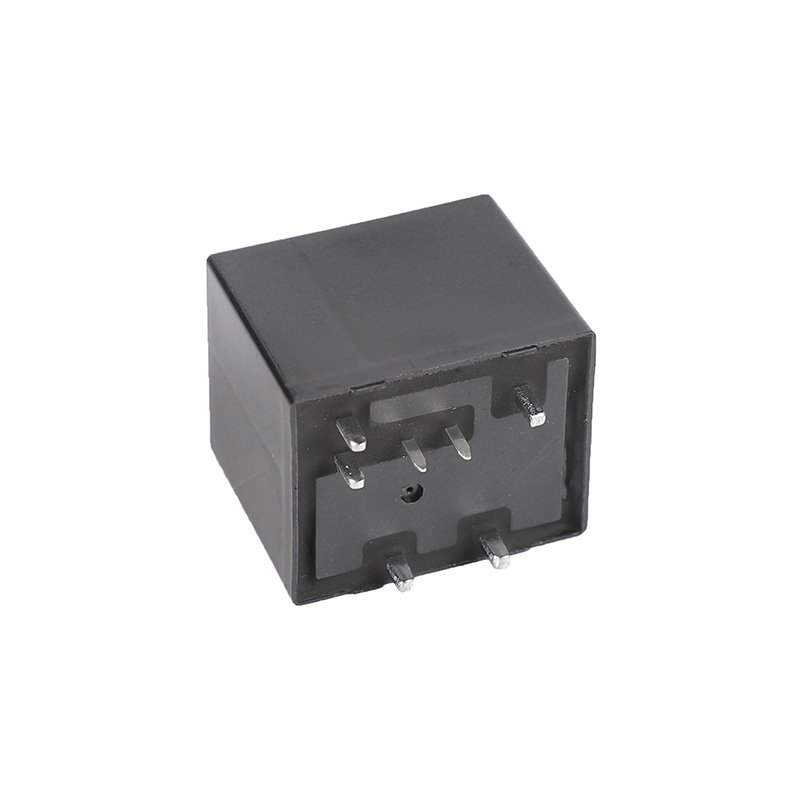High Reliability Fuel Pump Relay
Foocles fuel pump relays use high-performance coils and silver alloy contacts for fast engagement, providing more precise control for fuel pump start-stop.
We offer a wide range of fuel pump relay specifications to support different vehicle models and complex operating conditions. You can consult with the sales staff to see if there are any suitable relays available.
Fuel pump relays, as core components of automobiles, have undergone quality inspections in accordance with our company’s IATF 16949 system standards, including temperature rise tests, life tests, and vibration tests.
Model of Fuel Pump Relay
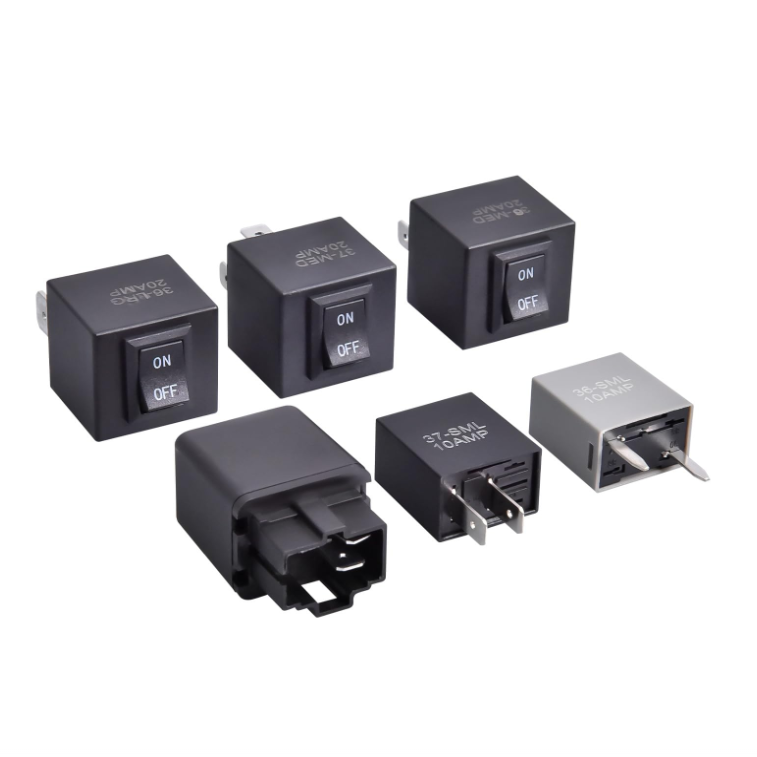



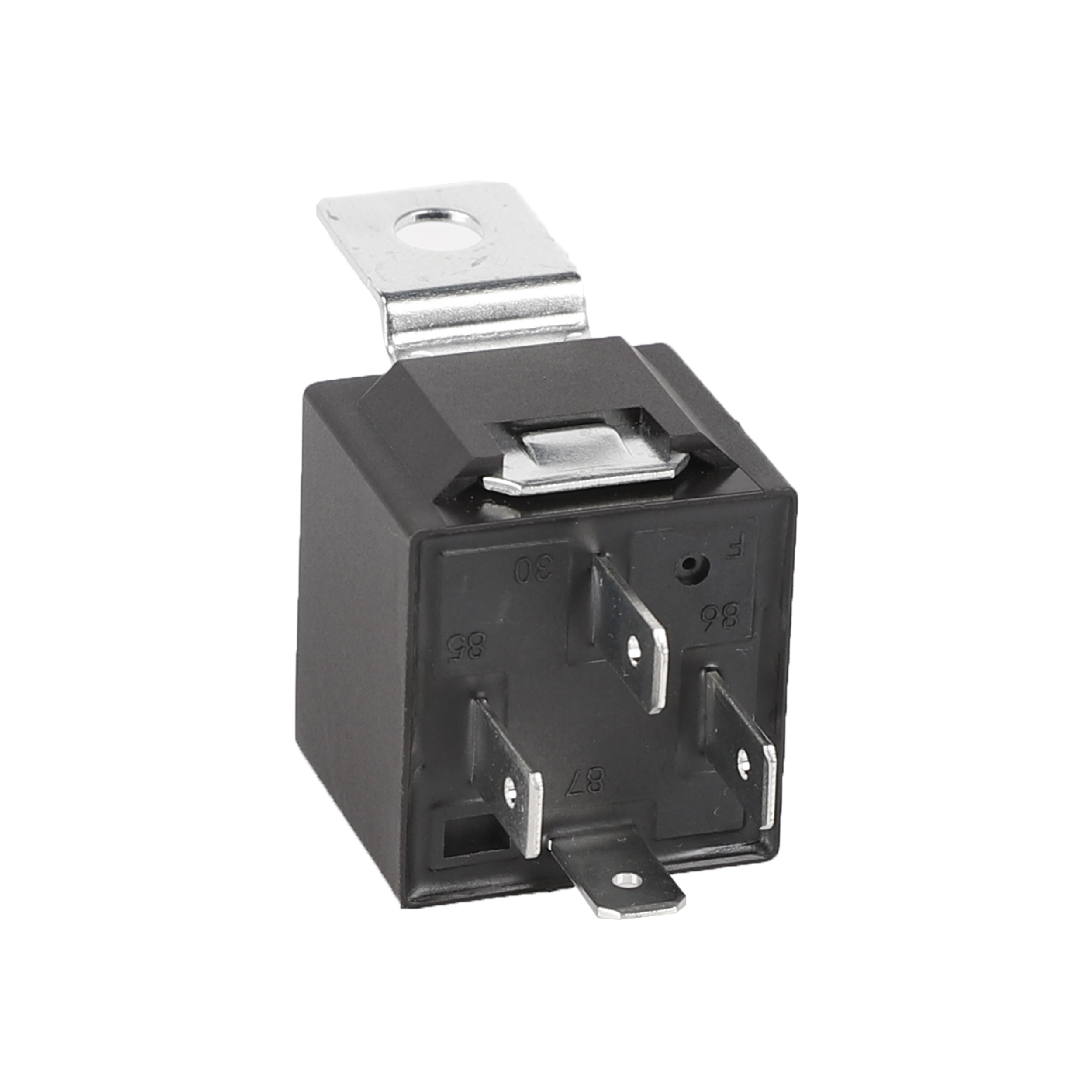
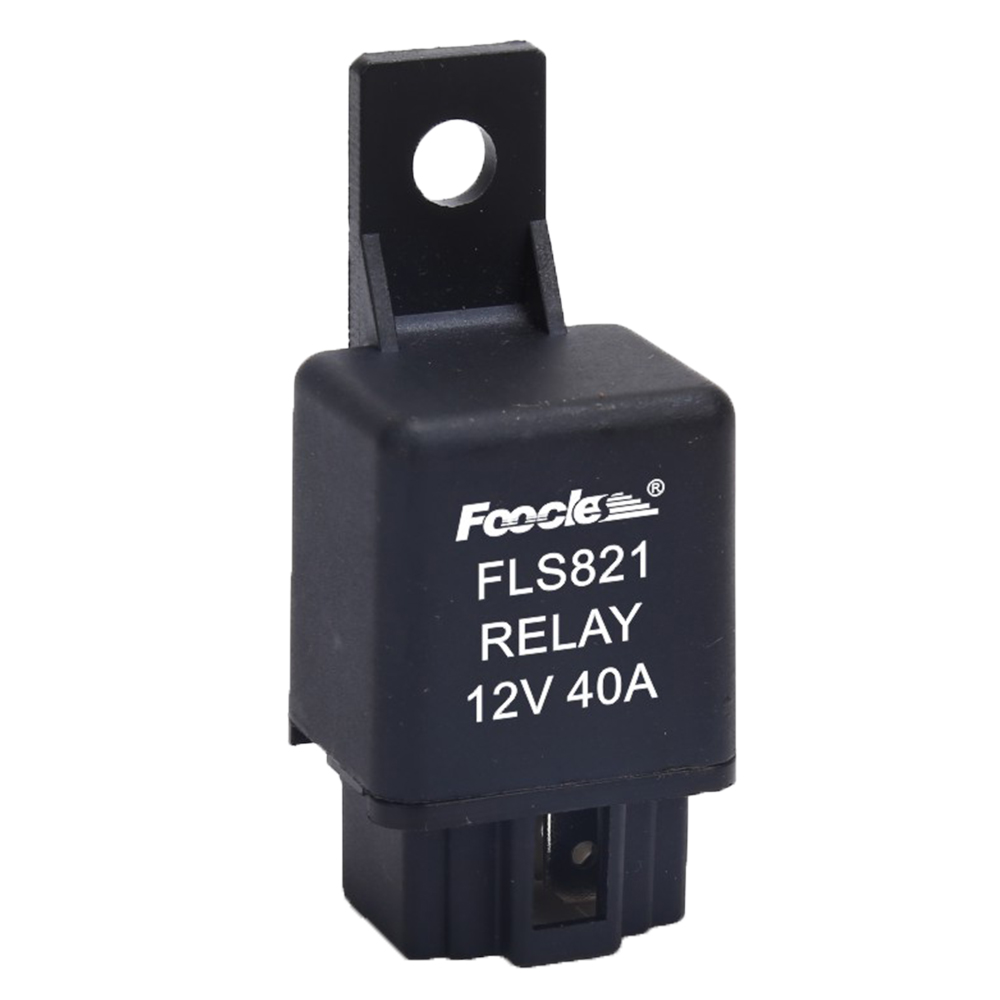
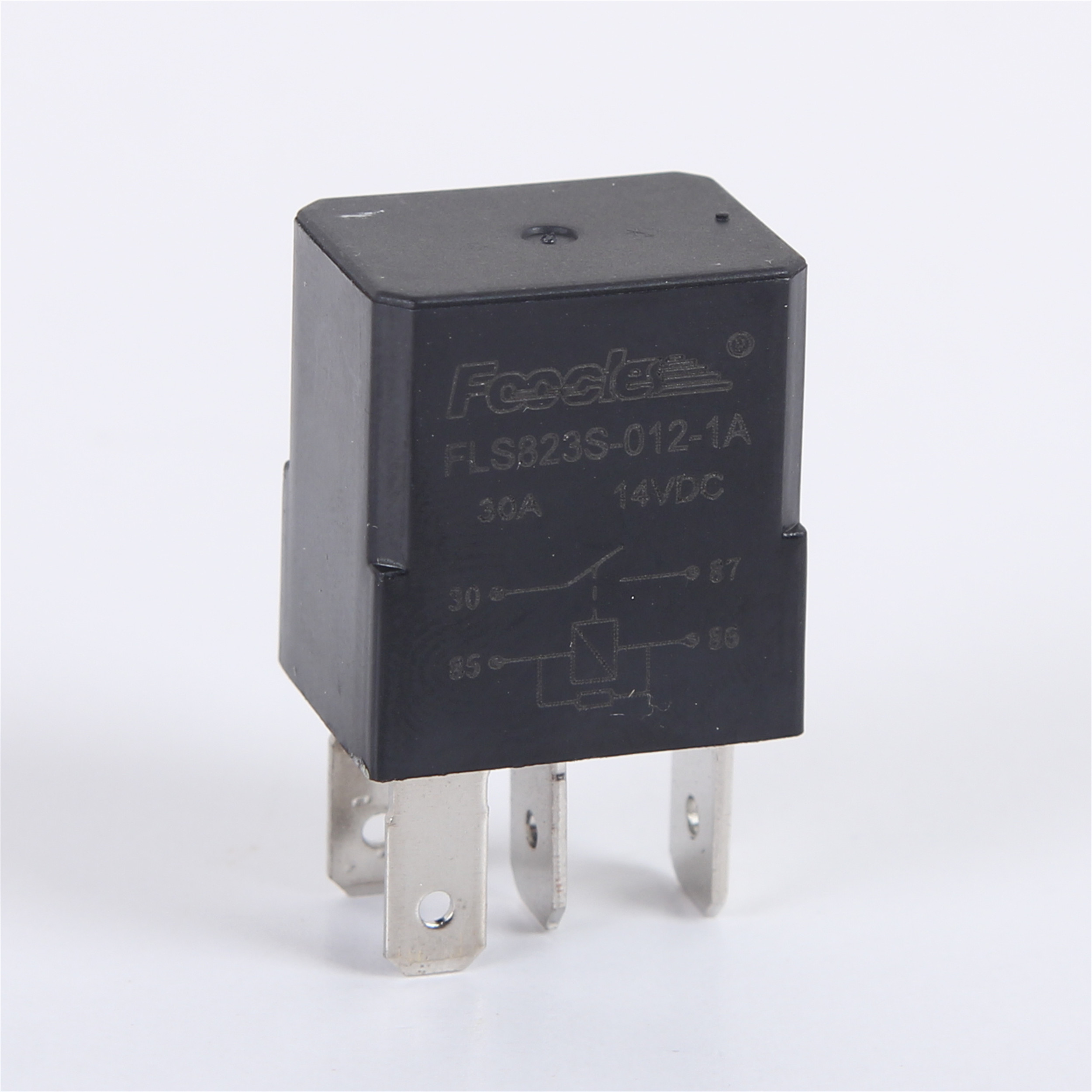
Key Features of Foocles Fuel Pump Relay

Treated with anti-corrosion and anti-oxidation measures. Effectively extends the service life of the fuel pump relay.

Precise power supply control can be achieved through integration with microelectronic control modules.

Advanced coil structure design protects the relay from interference and ensures stable operation.

Simply connect the lead pins to enable the automotive fuel pump relay to function properly.
Stable Fuel Supply Control
After Foocles fuel pump relay is integrated into the module, it is intelligently controlled by the ECU to start or shut down the fuel pump as needed, improving fuel efficiency and reducing greenhouse gas emissions. At the same time, it protects the ECU circuit from high current shocks, reducing maintenance costs.
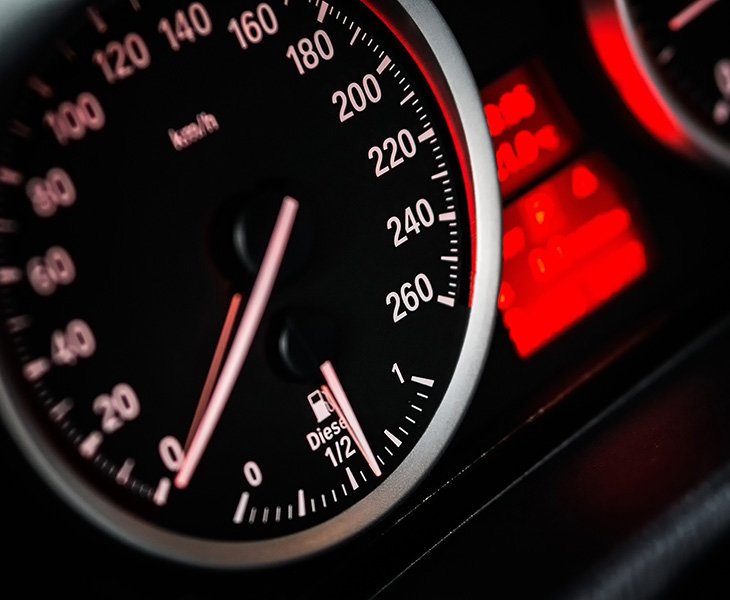
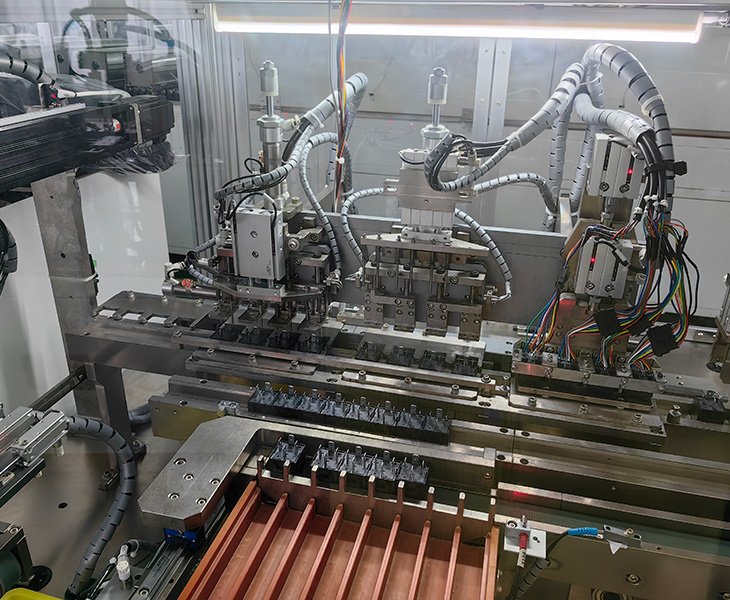
Safe & Reliable Fuel Pump Relay
Our relays use high-quality heat-resistant materials to cope with the high-temperature environment inside automotive electrical systems, improving the operational safety of the relays.
Each fuel pump relay undergoes rigorous production and testing procedures on an automated line to ensure that it complies with international standards, responds stably to ECU signals, and controls fuel pump power supply.
It is essentially an electromagnetic relay that controls the relay coil with a small current to influence the high-current load circuit.
Because relays can isolate high currents, they prevent switches from being directly impacted and save overall costs.
Not recommended, because fuel pump relays typically require relays that are more resistant to high temperatures and have lower contact resistance.


